When Pacharo was 18 years old, she was married and a mother. And when her husband died, she was left with five children and an eighth-grade education. In a remote village in Malawi with limited facilities, Pacharo’s future was uncertain and the obstacles to her flourishing were many.
‘Life was tough,’ she says. ‘I didn’t even know how to take care of my own children.’
But Baptist World Aid’s Christian Partner saw great potential in Pacharo, pictured here with her children. They saw her hard work, and humble character and asked Pacharo to chair the Village Development Committee (VDC). They’d created several groups in this village—including child protection committees, childcare, and education facilities as well as the VDC.
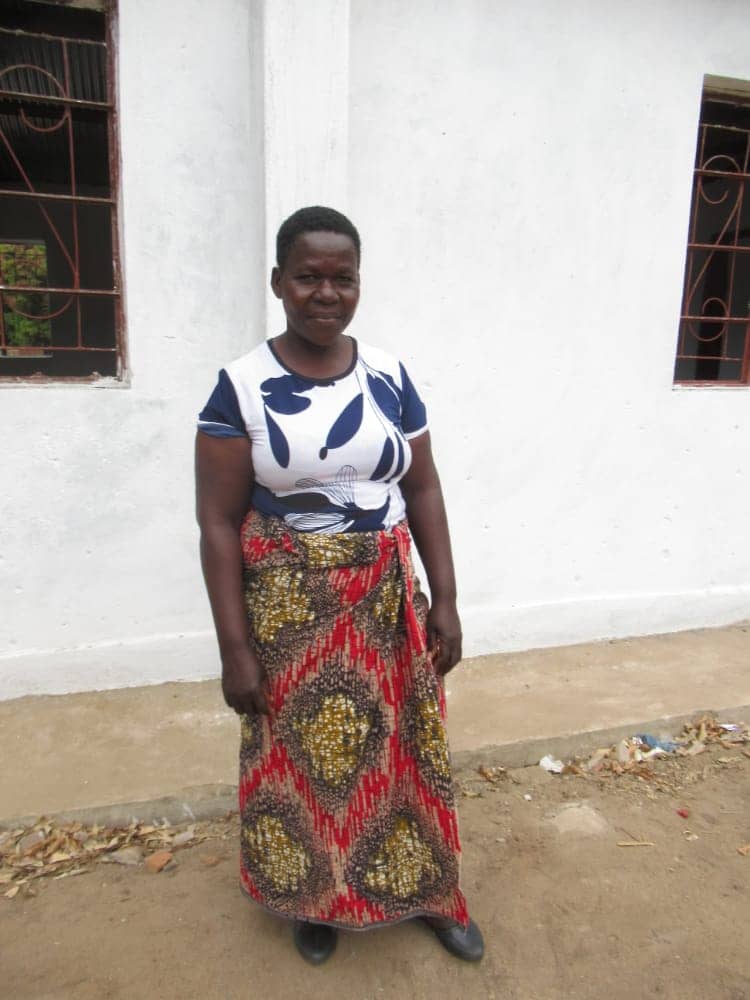
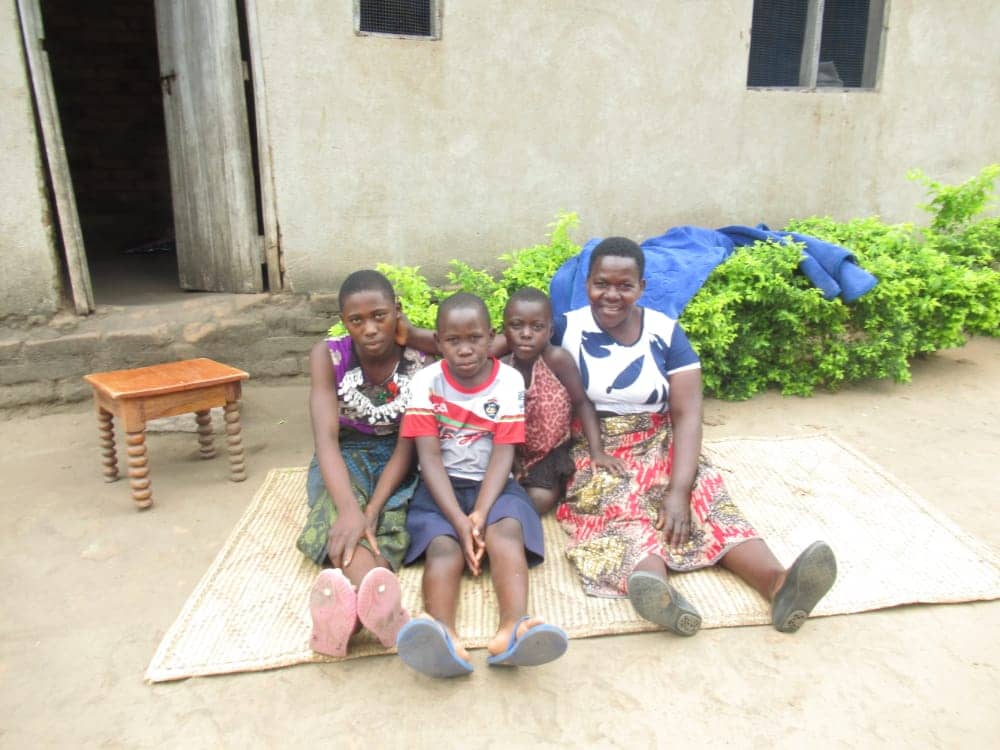
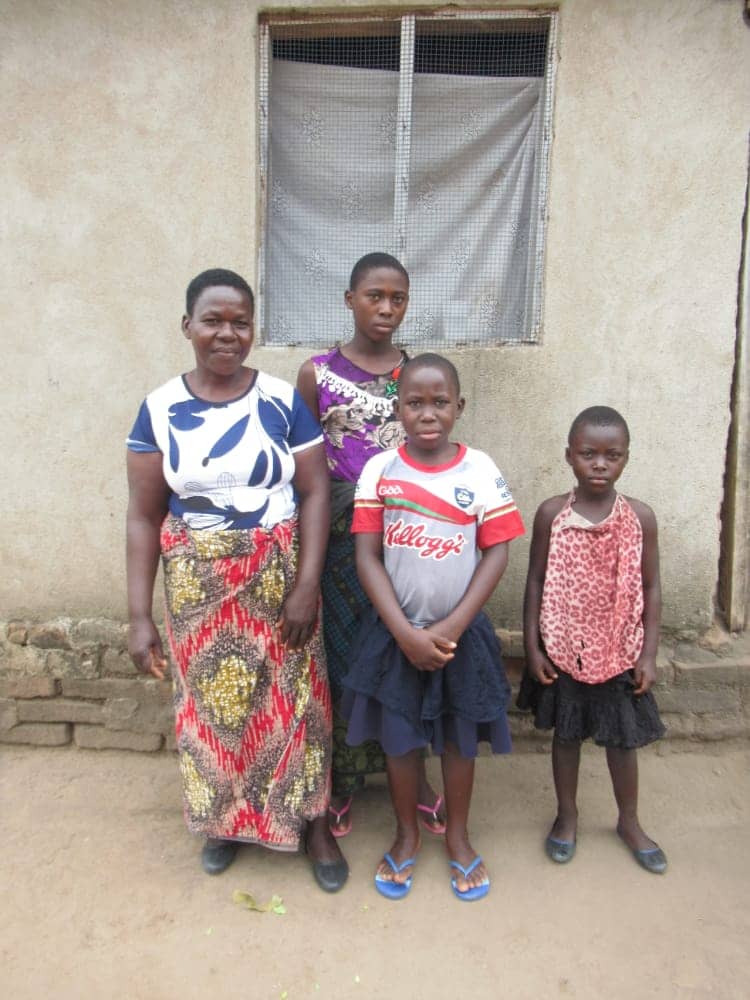
Despite her lack of formal education, Pacharo said yes. She took on this leadership role and slowly began to see her life—and the future of her small village—change. As a result, she’s gained knowledge, courage, and confidence as a leader. Now, Pacharo is not only providing for her own family, she’s also driving new projects to serve other families in her community.
‘At first, I was afraid to chair the VDC meetings and thought they would not respect me because I am a woman,’ Pacharo says. ’But as time passed, I gained courage and confidence. I came to realise that there is no difference between a man and a woman in leadership roles.’
I came to realise that there is no difference between a man and a woman in leadership roles.
In remote communities like Pacharo’s, access to health services can be difficult and families must travel great distances to receive care. So Pacharo led her entire community to participate in raising money to build an under-fives clinic in the village, as infant mortality in Malawi is high at around 40 deaths per 1,000 live births.
The community came together to construct the clinic and when they ran out of funds, Pacharo lobbied the local government to fund the completion of the project. Now the clinic has a staff of one full-time health worker and several volunteers—including Pacharo.
Pacharo also rallied the community to build a home for the health worker so they don’t have to travel far, and so there could be on-call access to care when young children needed it. Pacharo also secured funding for this full-time, on-call service from the local government.
From a shy, under-educated widow to a powerhouse woman on a mission, Pacharo has great plans for her community. The next projects Pacharo is lobbying for include a nutrition education program for families of young children, better access to educational facilities so every child receives an education and securing access to electricity for her community, all while running her small business growing and selling fresh produce.
‘My life changed from the time I was elected [Chair]’ Pacharo said. ‘[Now] our community is geared to work together to develop the area.’

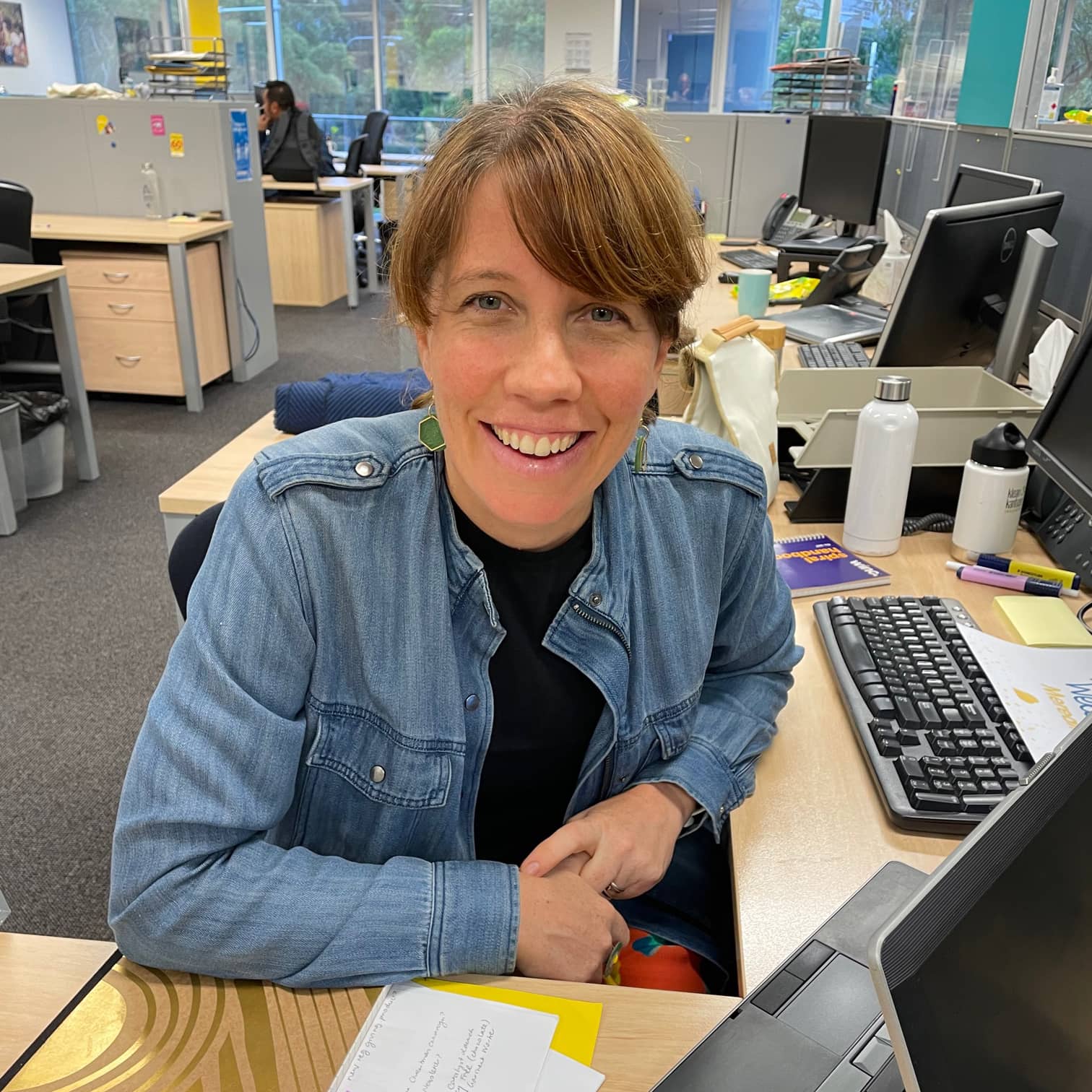
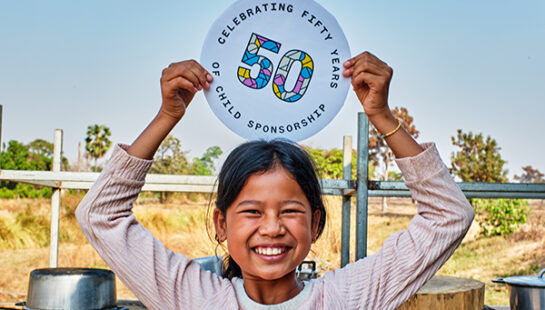
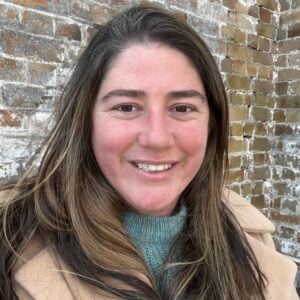 Heather Keith,
Heather Keith,
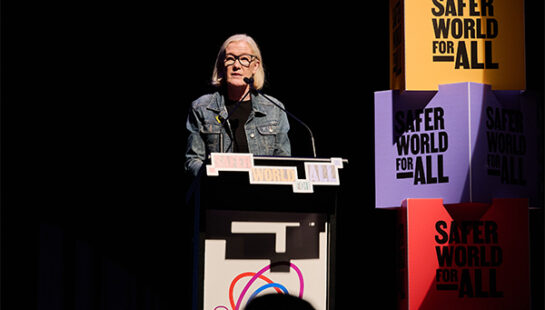
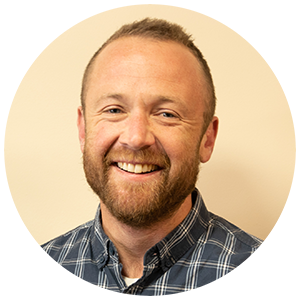 Mike Bartlett
Mike Bartlett